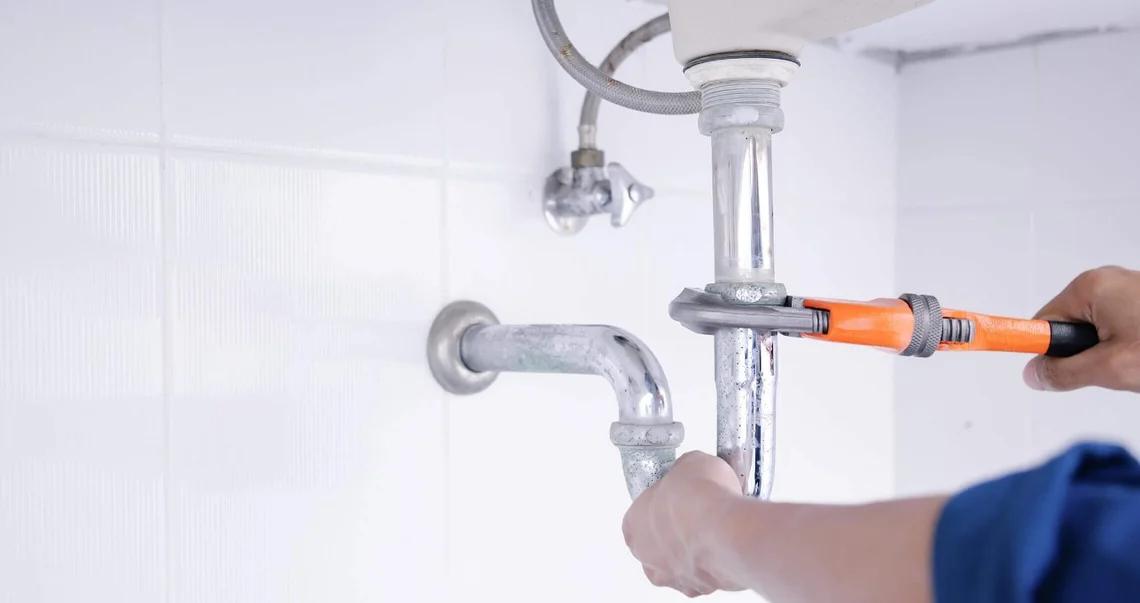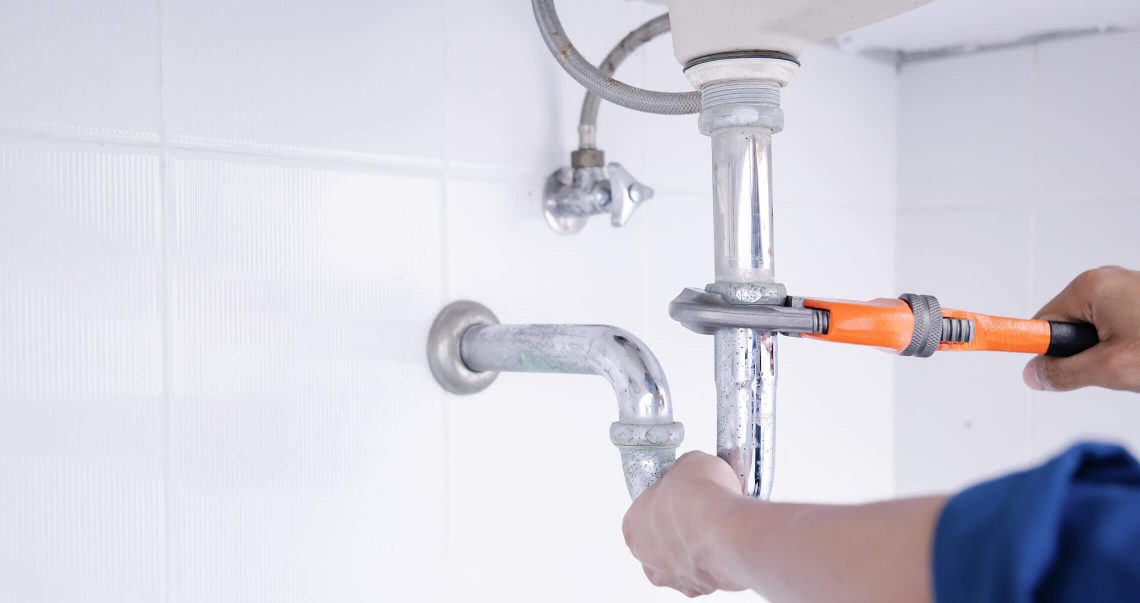Using smart Wi-Fi water sensor leak detector technology
If a client has an active water leak, it's an urgent problem that needs to be repaired as quickly as possible to prevent more serious damage. But unless a plumber happens to be nearby when the leak springs, they might not catch the issue for hours or even days. With the increased demand for plumbers' services and ongoing staffing issues, the wait could be even longer.

With a Wi-Fi water sensor, though, technology is offering a new way to catch piping problems before they happen. Here's how these systems can benefit both your plumbing business and your clients.
How does water leak detection work with smart systems?
Smart water leak detector technology operates using a few different tools. First, the client sets up a Wi-Fi water sensor in each of the areas of their home where serious leaks could occur—such as bathroom floors, underneath sinks and around major appliances like washing machines, dishwashers and water heaters. The devices are small, wire free and easy to place.
If a sensor detects water, it automatically sends an alert to the person's phone and email so they can react quickly. Some systems also send a loud alarm in case the homeowner is in the building. The smart system could include a water shut-off valve as well. Depending on the system, the valve either shuts off water automatically after a leak is detected or when the client requests to do so using a mobile app.
The Wi-Fi water sensor could also potentially detect other problems that increase the chance of a leak. For example, if the temperature drops—increasing the chance of a burst pipe—the client gets a warning to preemptively shut off water flow.
What are the different options?
What a client gets from their water leak detection system depends on how much they spend. Basic Wi-Fi water sensors can cost less than $100. These send alerts about a leak, but the client would need to go to the building and manually shut off the water themselves.
Setting up a remote shut-off valve adds more convenience, but it's also more expensive. For example, Flo by Moen costs about $50 for the sensor but almost $500 for the remote shut-off valve.
Another cost factor is how the device sends the alert. Some use a built-in Wi-Fi radio or connect to another smart home device like Alexa so clients can receive the warnings anywhere. Less expensive models typically use Bluetooth to send warnings to homeowners within range of the device, which is typically about 40 feet.
What are the benefits for clients?
If a client catches a leak right when it happens, there might be little to no damage. However, the longer flooding lasts, the more likely it'll destroy the carpet, doors, wallpaper, furniture and anything else caught in its range. If the water damages the building's foundation, the client could be looking at thousands of dollars in repairs.
Smart water leak technology can help them catch leaks sooner to avoid these problems. It's particularly useful for people who spend long stretches outside their home who might otherwise not discover flooding until it's far too late.
Insurers have started offering discounts to policyholders using this technology, so it could also be a way to save customers money on home insurance. Some insurers even help pay for installation costs.
How can they help your plumbing business?
If customers decide to install an emergency shut-off valve for their smart water leak technology system, they'll need to hire a plumber to handle the work.
You'll be helping clients avoid stressful emergency repairs by recommending this technology. It can be a way to build goodwill because you're proactively stopping problems rather than waiting until clients have no choice. Improving trust like this is an effective marketing strategy for plumbers, which can lead to more projects, referrals and positive online reviews.
Finally, with staffing shortages in the plumbing industry, responding to emergencies might be too difficult and stressful for your business to handle. This technology can help reduce the number of late-night calls you and employees need to deal with, as well as minimize the number of resources you need to put into a repair job.
When it comes to plumbing issues, the value of a smart system is clear. Make sure your clients know the benefits of using water leak detection with Wi-Fi water sensors so they—and you—can take advantage.





